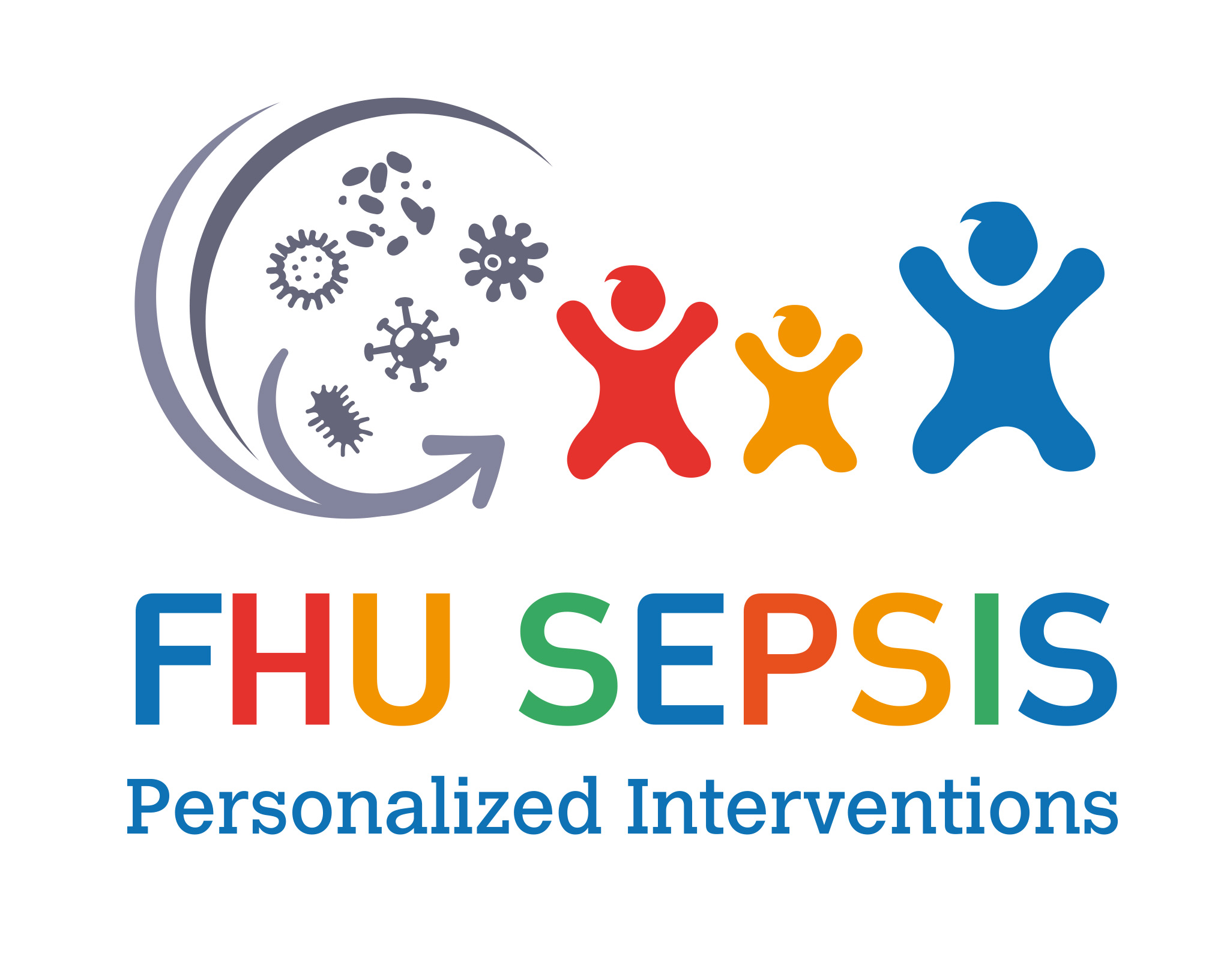You are here : FHU-SEPSISENOBJECTIVES & PROJECTSRoad MapWP5 – Individualized renal and metabolic management
- Partager cette page :
- PDF version
WP5 – Individualized renal and metabolic management
Leader : Pr Ziad Massy |
Co-leader : Pr Jean-Claude Alvarez |
UVSQ/UPS/Inserm/AP-HP plan to develop new phenotypes to optimize AKI prediction and renal replacement therapy timing. As such, in addition to sepsis cohorts, we will get access to cohorts that are specific for sepsis associated AKI, mainly (RECORDS cohort or AKIKI). Among novel biomarkers measured by ultra-performance liquid chromatography-tandem mass spectrometry, we will particularly focus on blood levels of 10 uremic toxins and 3 precursors: 3 carboxy-4-methyl-5-propyl-2-furanpropionic acid, hippuric acid, indole-3-acetic acid, indoxyl sulphate, kynurenic acid, kynurenine, p-cresyl glucuronide, p-cresyl sulphate, phenylacetylglutamine, trimethylamine N-oxide, phenylalanine, tryptophan and tyrosine. We are currently determinating these uremic toxins and precursors at baseline (RECORDS cohort) in plasma (n=476 samples) and urine (n= 238 samples) in order to evaluate whether or not they could ameliorate or reinforce the place of eGFR and proteinuria on the prediction of future AKI development.
UVSQ/AP-HP/Inserm will work on bedside measurements of skin sodium content using cutaneo-muscular electrical bioimpedance using the SFB7 Impedmed® device, 2) test for interactions between skin sodium content and crystalloids infusion, and endothelial alterations, 3) assess the value of monitoring skin sodium content to steer individual fluid or corticosteroids administration (project in preparation).
In collaboration with Nestlé, we will 1) develop echography and MRI-based monitoring of skeletal and respiratory muscles metabolism, 2) validate a novel blend of 5 amino acids (AMINO-5 study). We expect Amino 5 to stimulate defense mechanisms, and by this way, to decrease muscle break down, increase muscle protein synthesis, and improve muscle functionality.
Together with the Canadian Critical Care Trial Group, we will validate the added value of vitamin C supplementation in corticosteroids-treated sepsis (LOVIT study) and sepsis ARDS (LOVIT-ARDS study).

